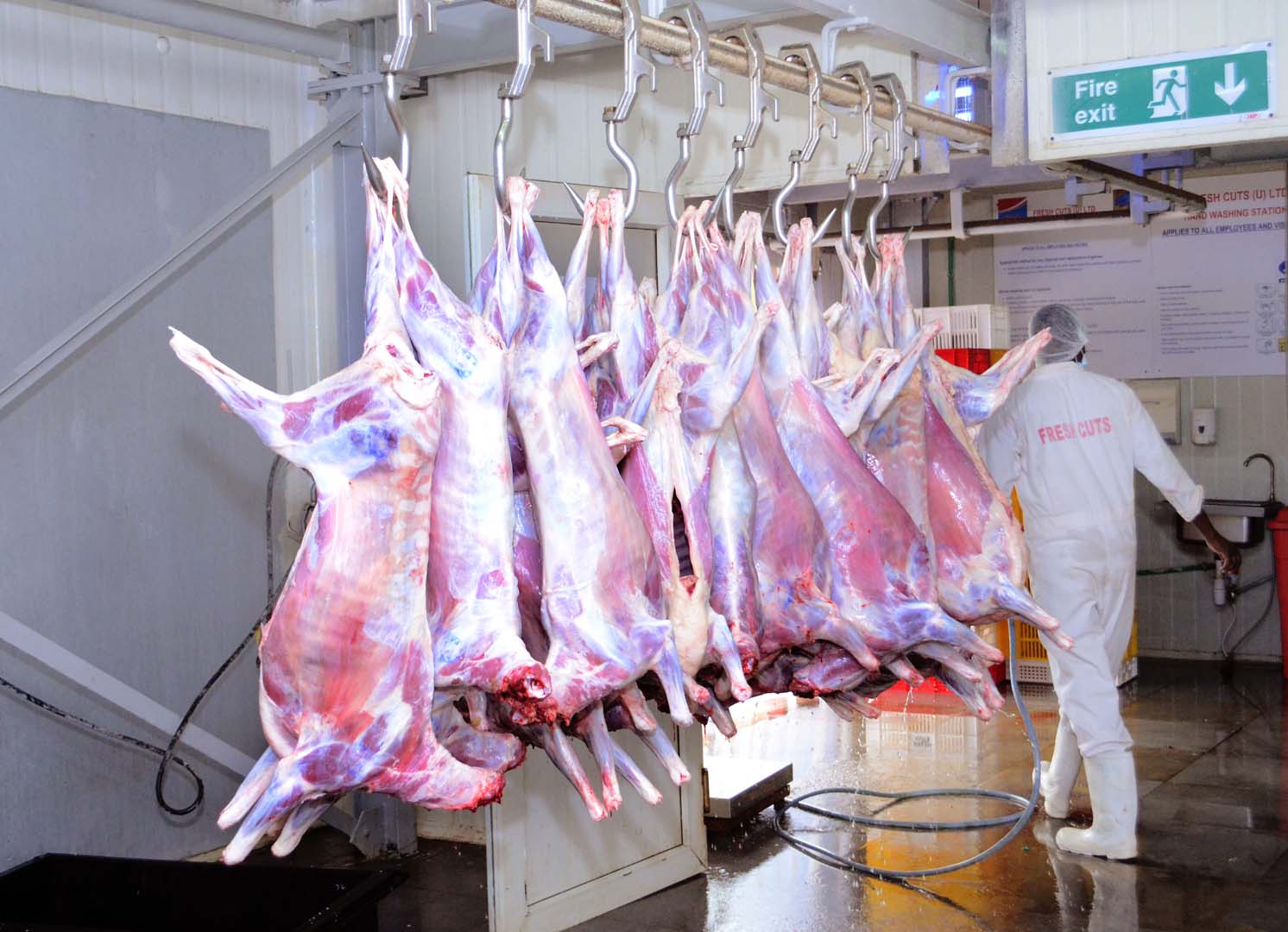In a bid to tap into the thriving Arab-Islamic beef market, Members of Parliament in Uganda are urging the government to fast-track the enactment of regulations pertaining to the Islamic Halal policy. The move comes as Uganda grapples with the absence of necessary certifications, hindering its access to lucrative foreign exchange earnings, particularly from Arab countries.
Challenges hindering Uganda’s meat exports
The lack of regulations and a specific policy in Uganda demanding halal certificates for the production and processing of meat is costing the country billions in potential revenue.
The absence of such certifications has led to a significant setback, with neighboring Kenya currently holding the key to the Arab-Islamic beef market due to its possession of halal certificates.
Crucial need for Halal Certificates
Countries like Qatar present substantial opportunities for Uganda’s beef, mutton, and goat meat. However, the absence of halal certificates is a major deterrent. Live animal exports are not a viable option, as these nations prefer processed meat products. Kenya, with its halal certification, has become the intermediary for Uganda’s livestock, resulting in a substantial loss for the Ugandan economy.
Urgent call for legislation
Yusuf Mutembuli (Bunyole West) emphasized the necessity for a dedicated law requiring that only Muslims are allowed to slaughter animals. The current reliance on customs, culture, and Islamic understanding is deemed insufficient, leading to skepticism from Islamic nations about the authenticity of Uganda’s meat products. Mutembuli urged a transparent national discussion on the implementation of a halal policy to address concerns and pave the way for tapping into the commercial potential it offers.
Market specifics and economic potential
Abed Bwanika (Kimanya Kabonera Division) highlighted the specificity of the beef industry and the requirements set by the Muslim world. He emphasized the enormous market potential in Kuwait, Saudi Arabia, Egypt, the United Arab Emirates, and beyond.
Bwanika underscored the need for increased investment in the agriculture sector, suggesting a substantial boost to the national budget allocation from 3% to 10%. This, he argued, would not only enhance meat production but also create jobs, alleviate poverty, and significantly contribute to foreign exchange earnings.
















